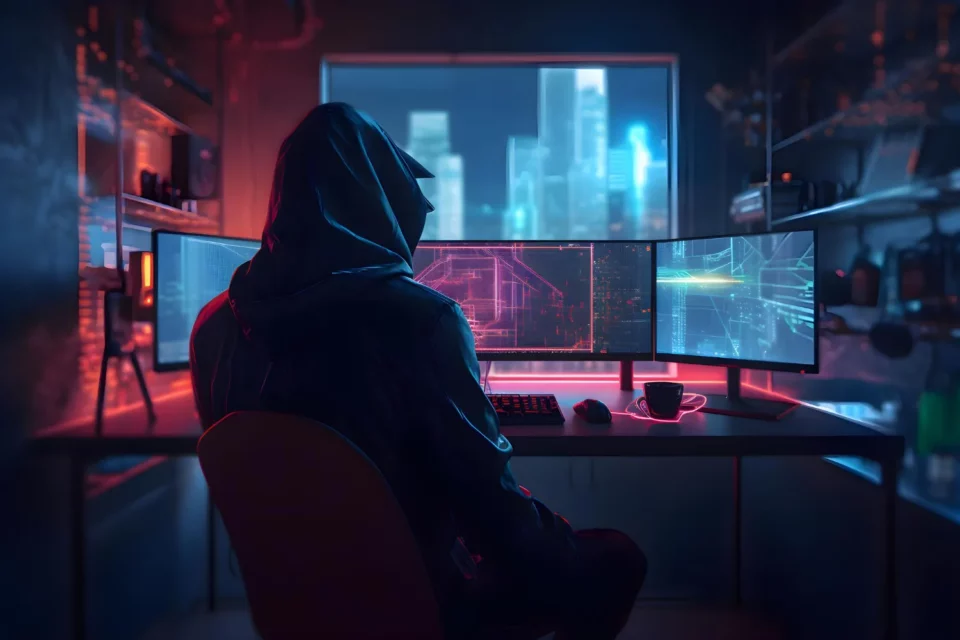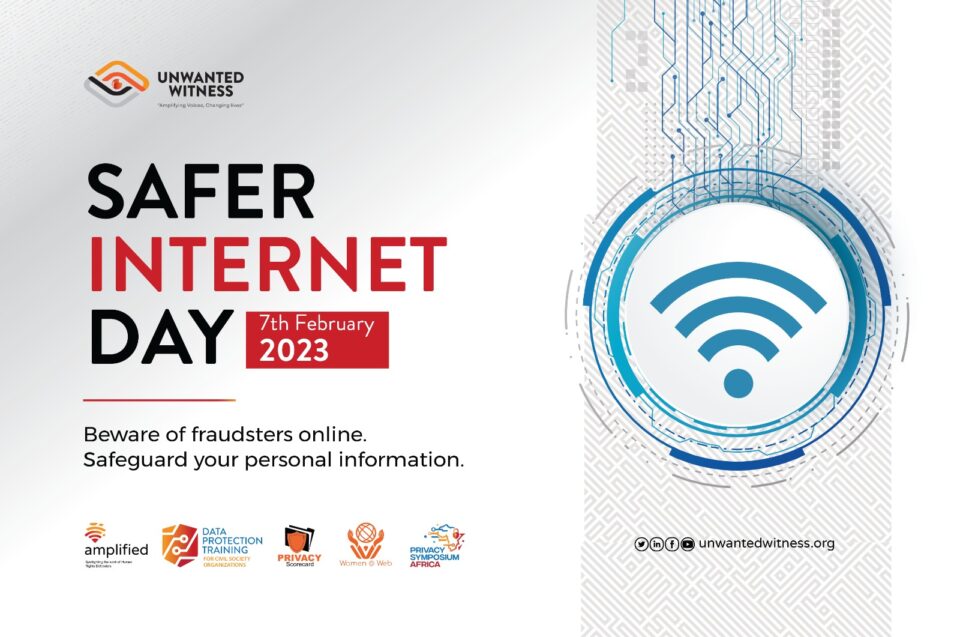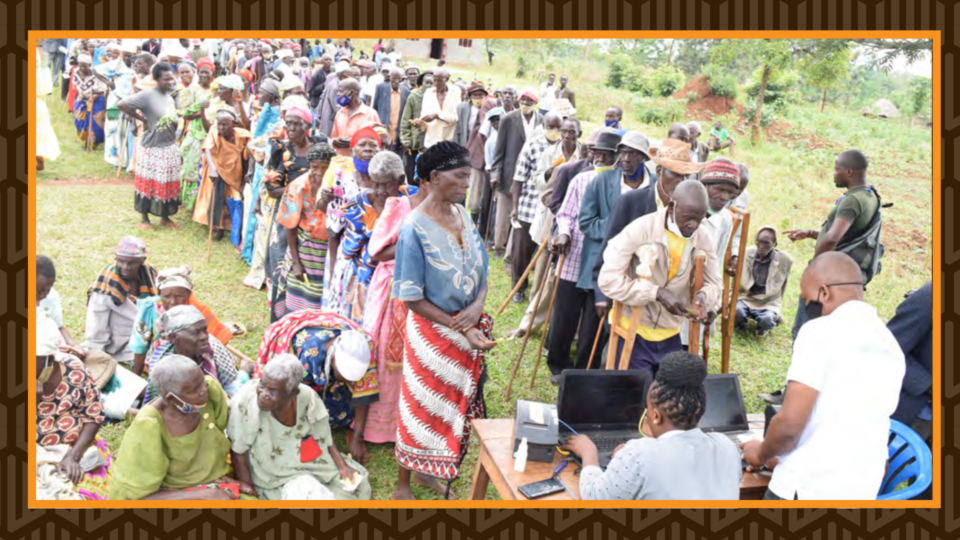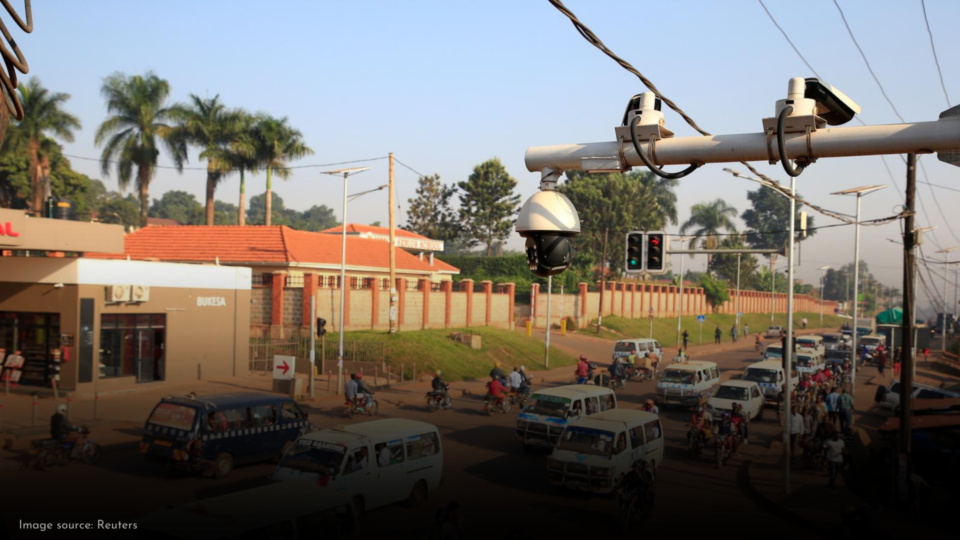Blocking social media is a direct attack on democracy in Uganda, says Unwanted Witness Uganda.

Blocking Social Media is a Direct Attack on Democracy in Uganda, says Unwanted Witness Uganda.
Kampala, 13th/01/2021; Unwanted Witness Uganda is greatly concerned about government of Uganda’s habitual disruption of access to internet during critical democratic processes, a move that is violating basic human rights and putting the credibility of tomorrow’s election in disrupt.
Yesterday President Yoweri Museveni confirmed government’s blockage of access to social media. Unwanted Witness first detected social media blockage on January 9th 2021 amidst denial of state involvement by the telecom regulator, Uganda Communications Commission.
“Shutting down the internet contradicts with all principles of democracy, because the concept of democracy is that of self-government by the people. For such a system to function, an informed electorate is necessary in order to be appropriately knowledgeable. Democracy can not be true to its essential ideal if those in power are able to manipulate the electorate by withholding information and stifling criticism,” said Dorothy Mukasa the Executive Director of Unwanted Witness.
However, since the announcement of the revised road map by Uganda Electoral Commission that detailed politicians to conduct digital campaigns a head of the 2021 general elections, there have been several efforts by the Uganda Communication Commission to stifle legitimate voices of dissent online. For instance Uganda media council’s move to accredit journalists covering elections and on December 9th, 2020, UCC wrote to Google asking the company to block 14 online opposition channels on allegations that they misrepresent information and events in a manner likely to mislead the public.
Every Ugandan has the right to freedom of expression, to seek, receive and impart information through any media platform without interference guaranteed to them by the constitution of Uganda and the Universal Declaration of Human Rights. Government has the responsibility to respect and protect their citizen’s enjoyment of them. As stated by the UN Human Rights Council in 2012 and reaffirmed since, people should enjoy the same protections of these rights whether in online or offline contexts.
Social media is a widely used internet platform in Uganda to access information, exercise the right to freedom of expression and business transactions among others. This is the second election in row for government of Uganda to block social media, the first incidence occurred in February 2016. “
When a country like Uganda is aiming at becoming a middle income economy and wants to anchor the growth on its information and communication sector, Internet shutdowns send all the wrong signals to investors and consumers. It makes business sense to leave the internet as open and free as possible.
We therefore condemn this action from the government because Internet shutdowns, particularly those that disable all means of communications, are Human Rights violations as freedom of expression and right to access of information is integral to democracy.
About The Unwanted Witness
The Unwanted Witness, Uganda is a civil society organization (CSO) that was established to respond to the gap in effective communication using various online expression platforms
For More Information contact;
THE UNWANTED WITNESS – Uganda |
P. O. Box 71314 Clock Tower K’la Uganda | Plot 26, Ssentema Road |
Website: www.unwantedwitness.org
Telephone: +256 414 697 635 | +256 759953233
Email: info@unwantedwitness.org | Twitter: @unwantedwitness |
Skype: unwantedwitness | Facebook: UnwantedWitnessUg




